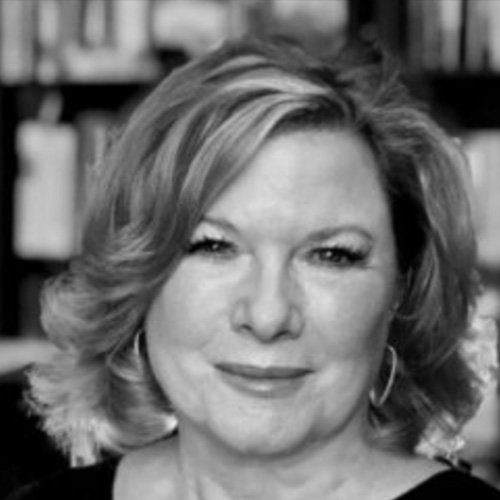
Nicole London
Director / Writer / Producer
Nicole London is the Grammy Award-nominated producer of Miles Davis: Birth of the Cool, which was also awarded a 2021 News and Documentary Emmy Award. Recent credits include Sammy Davis, Jr.: I’ve Gotta Be Me, The Talk: Race in America, and 16 films now playing in the Segregation Gallery of the Smithsonian Museum.
